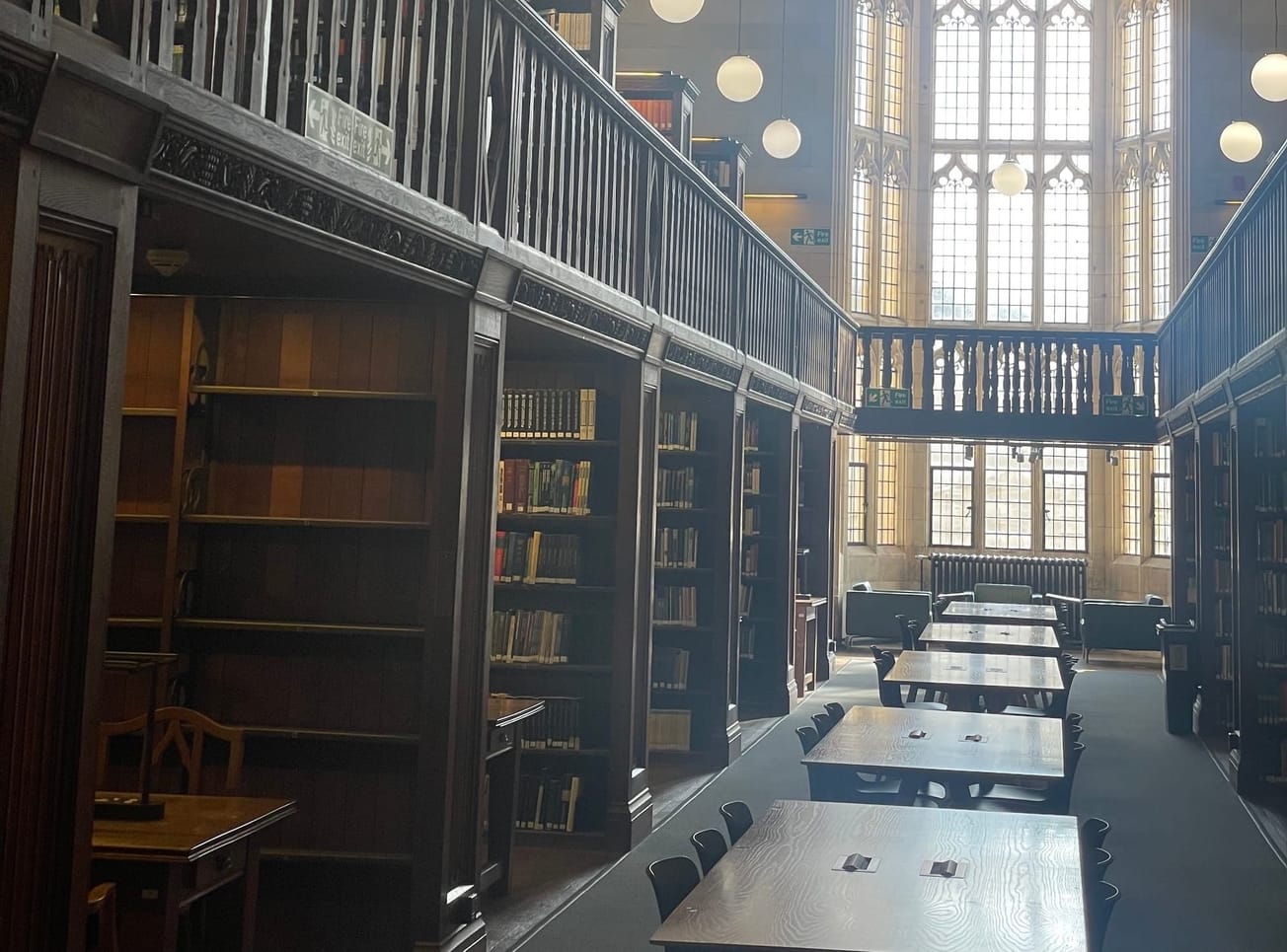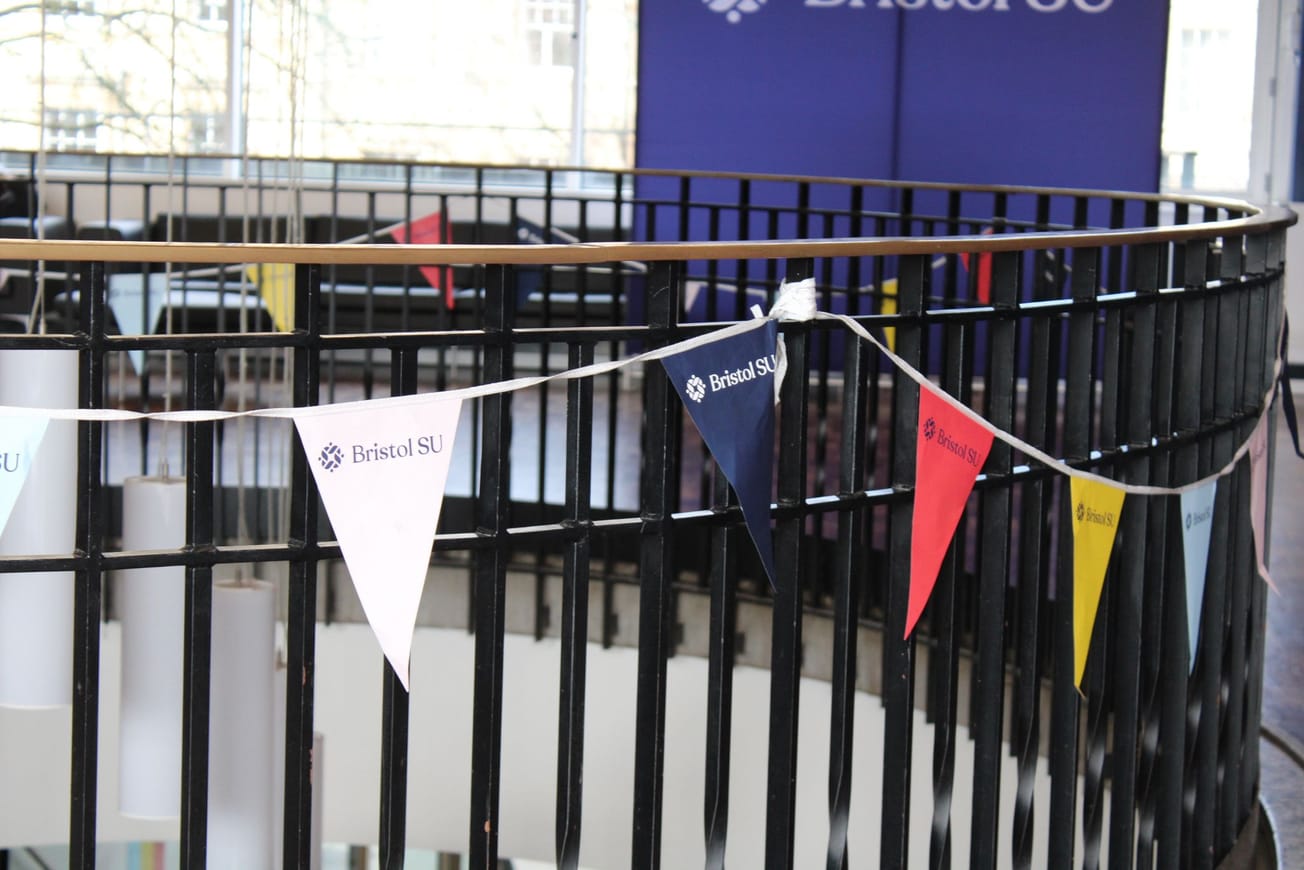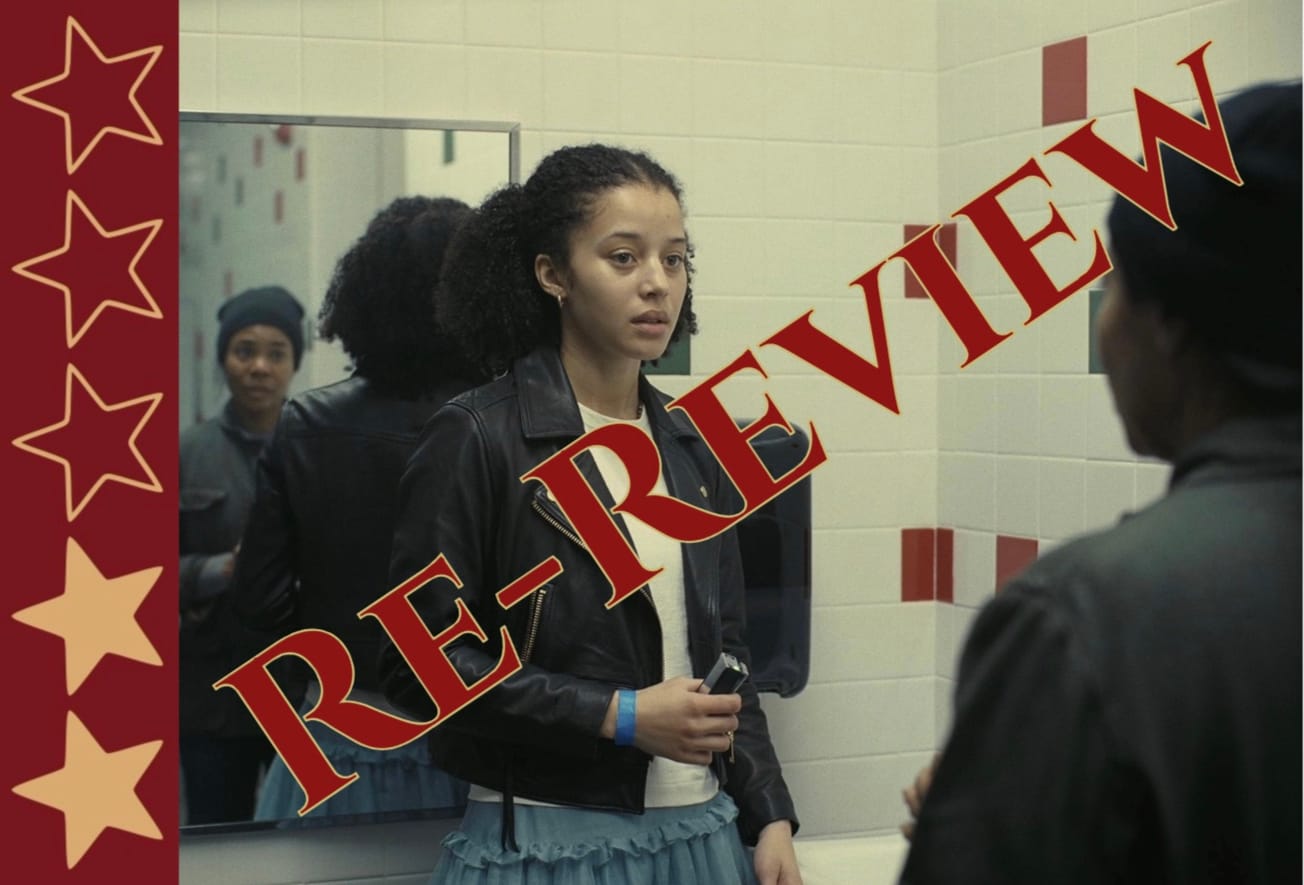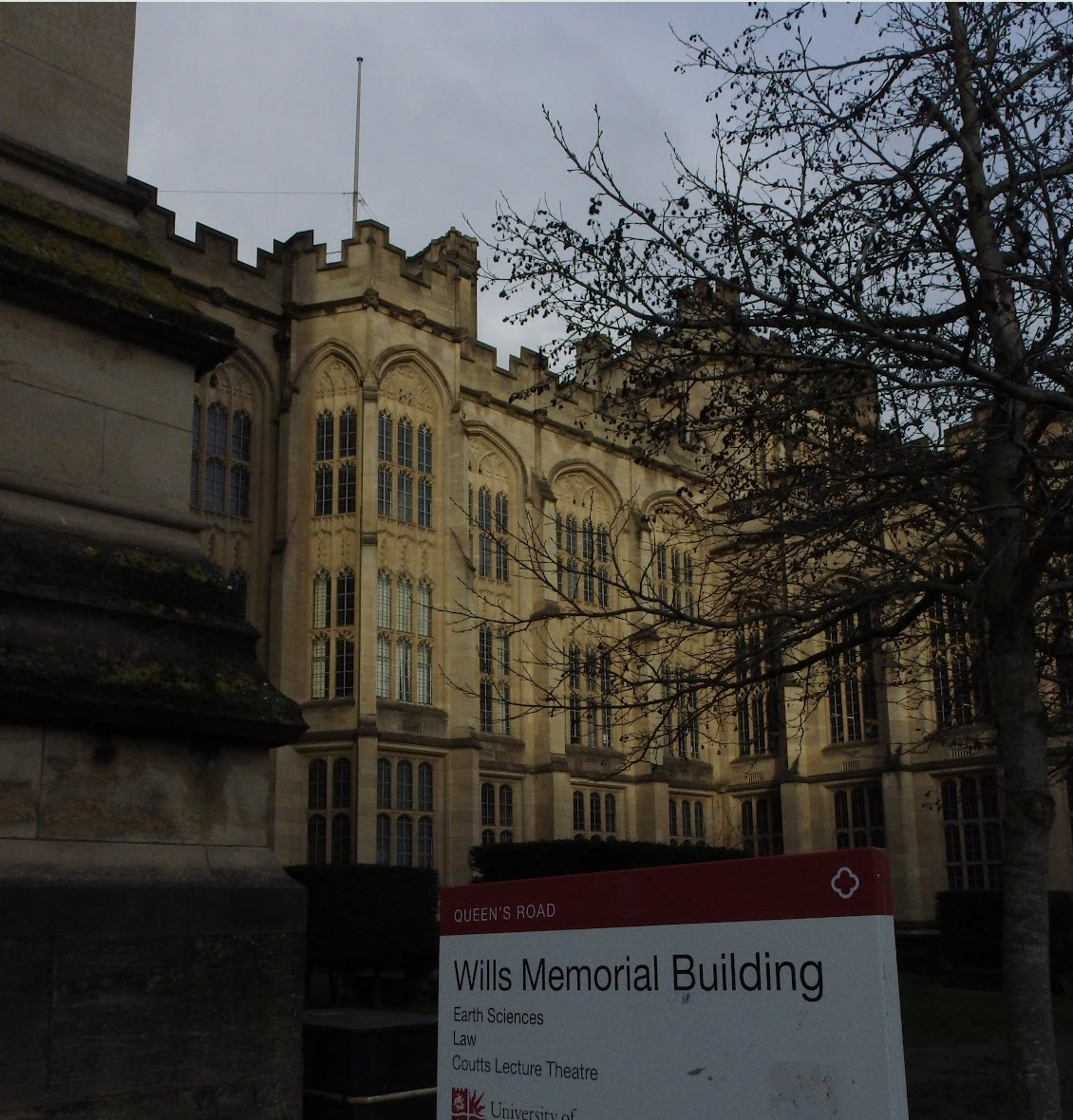By Marine Saint, Deputy Editor and Features Columnist
Who listens when students call? Operating 8pm-8am, Tuesday to Saturday during term time, Bristol’s Nightline is a voluntary listening service available for students, by students.
They pride themselves in maintaining confidential, anonymous, non-judgmental, non-directive and non-advisory emotional support services. Their mission is to reduce student suicide and provide a safe space for students to talk freely about feelings.
Bristol Nightline’s External Coordinator Hannah descried how ‘It’s not somewhere where we can provide counselling, therapy, or any structured support but it is somewhere where you can receive empathy and care and genuine understanding from people who are similar to you, because our volunteers represent the diversity of the student community.’
Nightlines at universities are no recent phenomenon. They began in May 1970 at the University of Essex in response to high levels of student anxiety and were put in place to reduce suicide rates on campus by creating a listening service available at times when other campus services would most likely be closed.
If someone you know at #university is struggling with their #mentalhealth, checking in with them & listening to how they’re feeling can really help. Encourage them to access university wellbeing & #counselling services or a support service such as @NightlineAssoc
— Clear Insight Counselling - Emily McArthur (@CICounselling) February 1, 2022
📷 @BelievePHQ pic.twitter.com/zs565npf6J
You may have seen Nightline advertised across campus, or are familiar with their slogan: ‘Need to talk? We’ll listen, not lecture.’ With similar aims to Mind, the Samaritans, or the Helplines Partnership, Nightline is made up of a dedicated team of fully trained volunteers who are part of a national network based at 36 universities across the UK. Unlike their perhaps better-known charitable counterparts, it remains the case that students are still not maximising this support offered by their own peers.
Nightline aims to make their services as visible and accessible as possible to enable every student to benefit from the confidential emotional peer support and volunteering opportunities they offer. Students are not obliged to call: along with their assistance by phone, listening volunteers can be contacted via instant message on their website, 8pm-12am Tuesday to Sunday. Moreover, for those interested in volunteering, listening is not the only route as many opt to join the publicity or welfare teams instead.
Epigram spoke with the External Coordinator of Bristol’s Nightline, Hannah, who shared her thoughts on the vital impact and importance of her team’s work and explained the new perspectives on student mental health her volunteering afforded her with. Not just for those in positions of crisis or with complex mental health needs, Nightline receives calls every evening when in operation from people walking home alone, repeat callers, and students with anxieties around their studies or friendships. The statistics of their calls indicate that a lot of people have encountered similar problems whilst at university, so one person’s struggle is never too different from another’s. Their service, however, ensures it offers the support that each individual caller requires.
Epigram was told how insomnia is an overarching issue experienced by callers, an unsurprising fact given that studies indicate how up to 60% of students suffer from poor sleep quality. ‘We have a lot of people speaking about traumatic experiences which I feel can particularly ruminate at night. Anxiety, loneliness, and depression also extremely common. We are there to support people whether they have a diagnosed mental health issue or not.’
Hannah explained how Nightline operates through the Student Union and alleviates the burden from other listening services like the Samaritans. She also discussed the recent campaign launched by Nightline to fund the employee assistance programme providing structured welfare support for listening volunteers which was previously available from the university. The strong, diverse community of volunteers, of which there are approximately 100, are trained intensively and supportively in policy, active listening techniques and how to lead callers to their own conclusions and provide relevant signposting is key.
Hannah stressed the importance of their new campaign, which students can donate to, as well as her success in developing a strong wellbeing service for the volunteers to use. The welfare platform being funded is also used by the NHS, as well as other charities, so that volunteers can access welfare, counselling 24/7, and structured counselling sessions for free. This particular welfare service required for volunteers costs £112 per month, which after the end of free university support has become an essential fundraising priority for the Nightline.
Hannah explained to Epigram how volunteers can always contact the University wellbeing service, but this service guarantees they are seen quickly if they need support. ‘We feel like without the support for our volunteers it would be difficult to do a good service. Although it is not widely known enough, we still do get lots of genuine people calling and saying that they’ve benefitted.’ It must be mentioned that there is a large internal welfare team at Nightline, with each call logged and each volunteer on shift contacted if the call has been marked as distressing.
While the university withdrew structured welfare support, they have still been supportive of Nightline’s work and promoted them across campus, with many students being pointed in the direction of the listening service by members of staff. Hannah emphasised in our interview how Nightline sustains a close relationship with the SU and University and hopes to be able to support more student callers as it aims to return to full capacity and reach the wider student community.

The Bristol SU Student Living Officer, Izzy Russell, praised the commitment of volunteers, and added how ‘The Bristol SU Wellbeing Support Network also works really hard to ensure that student mental health and wellbeing needs are being met, and this feeds into the wide array of support available at the university and various local charities.’
There is evidently contention between the student community and University about the accessibility of welfare support available, exacerbated over lockdown, which is why an alternative service like Nightline believes in being completely separate from the university services and directly relatable to students. They are not however without their own critics and are open to any feedback to improve their work and be more inclusive, as well as remaining aware of the changes being made by nightlines nationally to have the greatest effect possible.
Volunteers from Hannah’s team anonymously shared how rewarding and fulfilling their experiences had been at Nightline, as well as emphasizing the support offered and strong friendships they formed while working there. It has been an indispensable service many wished they knew about before, especially as they embarked on their university career, when adapting to a new environment can be most daunting.
Nightline services can't solve all the problems students have, but they can support them through the most difficult moments. We’re delighted to share this film, demonstrating what Nightline services do each night. Watch in full at https://t.co/yiwQkANpFI💙 pic.twitter.com/mPVIHrOiYe
— NightlineAssociation (@NightlineAssoc) December 3, 2021
‘Being on the other side now gives me the opportunity to support callers in the way I may have needed at one point’ explained one volunteer. Others noted how difficult some calls can be for the listening volunteers to process, but they felt fortunate to have a dedicated welfare team and to work on shifts with fellow volunteers.
The stigma around discussing one’s own problems was echoed by another Nightline team member: ‘Before I started volunteering, I never called Nightline because I was always too scared to. I think I felt embarrassed to share my worries with a stranger, and that they were never bad enough to call a helpline.’
They continued and explained the change Nightline has had on their outlook towards discussing mental health: ‘Now I’ve been on the other end of phone; I realise how much I would’ve benefitted from talking through what’s on my mind with a stranger. I would encourage fellow students to do the same if they are struggling in any way.’
Struggling at university is extremely common, so Nightline hopes to be able to continue its work listening to those who want to talk through any degree of emotional distress and provide comfort in the current climate where a shame and burden culture is associated with opening up about your issues. Hannah ended our interview with promising words of advice in this respect: ‘It’s really tough to address that stigma but people can really support each other- this service shows how willing students are to support each other. Talk to your friends, but if you’re speaking about your problems with them, ask them how they are, try to create an open dialogue between two people so you don’t feel like you’re creating a burden.’
If you or someone you know is experiencing difficulties, do not hesitate to contact Nightline: 01179 266266, or their website. Alternatively, details of other help can be found here.
Featured Image: Epigram / Charlotte Carpenter
Have you noticed the benefits of discussing mental health with your peers at university?









